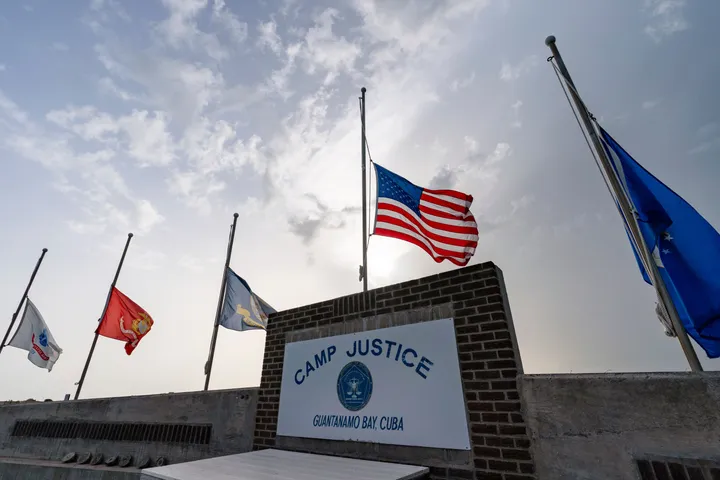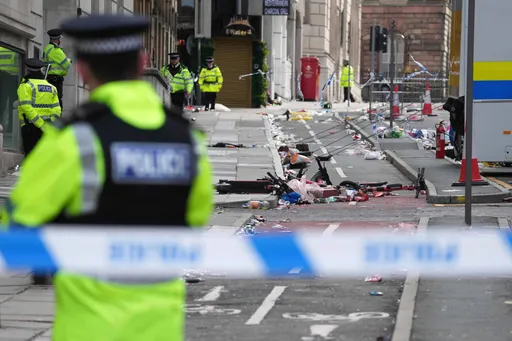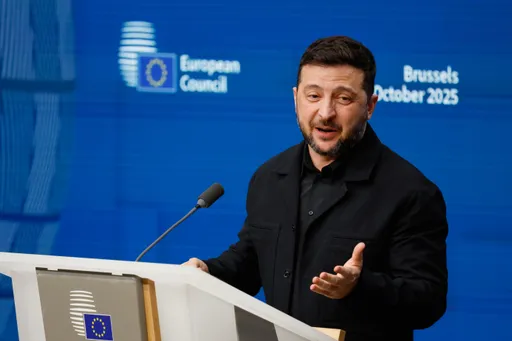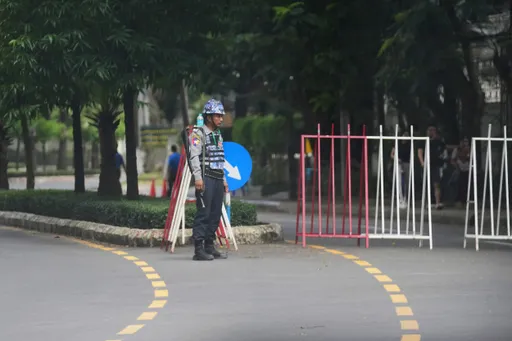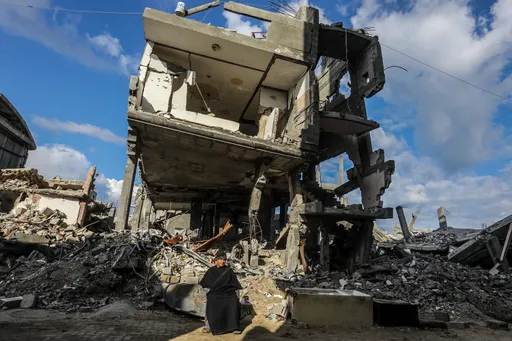After months of silence over Egypt's first freely elected President Mohamed Morsi's death, a UN report says that the ‘prison regime’ in Egypt may have ‘directly’ led to Morsi’s death, according to independent experts.
The report also states that the health and lives of thousands of more prisoners are at ‘severe risk’.
Morsi, who became Egypt's only democratically elected leader in 2012, died on June 17 2019, while standing trial for charges that he and legal observers say were politically motivated.
Just a year into his presidency, he was ousted and imprisoned in a military coup led by then-Defence Minister Abdel Fatah el Sisi. At the time of his death, Morsi faced a litany of charges.
Moris consistently rejected the legitimacy of the courts, and his supporters denounced the trials as politically motivated and an attempt to give legal cover to a coup based on unreliable witnesses and scant evidence.
Poor conditions led to his death
On June 2019, after Morsi’s death, his son Abdullah accused President Abdel Fattah el Sisi and a number of officials of "killing" his father.
There had long been concern about the politicised trials which had kept him in prison, as well as his conditions of confinement. Morsi had a medical history and list of ailments that were consistently raised by his family and human rights organisations.
Last year, a British parliamentary panel reported he was being kept in solitary confinement for 23 hours a day, which they concluded could be classified as torture. They warned this could lead to premature death.
The UN report states that Morsi’s death could amount to a ‘state-sanctioned arbitrarily killing’.
The UN Working Group on Arbitrary Detention’s report led by special rapporteur Agnes Callamard said Sisi’s government's actions violate human rights and the incidents taking place in Egyptian prisons are ‘intentional’.
The committee said: “[Morsi] was denied life-saving and ongoing care for his diabetes and high blood pressure."
The UN report, published on November 8 2019, stated: “Dr Morsi was held in conditions that can only be described as brutal, particularly during his five-year detention in the Tora prison complex.
“The authorities were warned repeatedly that Dr Morsi’s prison conditions would gradually undermine his health to the point of killing him. There is no evidence they acted to address these concerns, even though the consequences were foreseeable.”
Risk to thousands of others
Morsi was not the only one at risk and Egyptian prisons are packed with political prisoners, many of whom are members of the Muslim Brotherhood, a political party of which Morsi was a member.
The report stated: “We have received credible evidence from various sources that thousands more detainees across Egypt may be suffering gross violations of their human rights, many of whom may be at high risk of death. This appears to be a consistent, intentional practice by the current Government of President Adel Fattah el Sisi to silence dissenters.”
The UN report said that all the experts “called for an effective independent and impartial investigation” into the unlawful death of Morsi and of all other prisoners who had died in custody since 2012.
“Thousands of other prisoners in Egypt may also be at risk of death or irreparable damage to their health because of inadequate conditions of detention, compounded by rampant violations of due process, including detention without charge, incommunicado detention, inadequate access to lawyers, and other practices preventing a fair trial,” it stated.
Other detainees include Morsi’s former foreign affairs advisor, Dr Essam el Heddad and his son Gehad, who was the chief spokesperson for the Muslim Brotherhood at the time of his arrest.
“We have received reports of overcrowding, inadequate food, poor ventilation and no access to sunlight. Prisoners are denied family visits and fail to receive necessary medical care. Many are placed in solitary confinement for extended periods of time,” the report noted.

